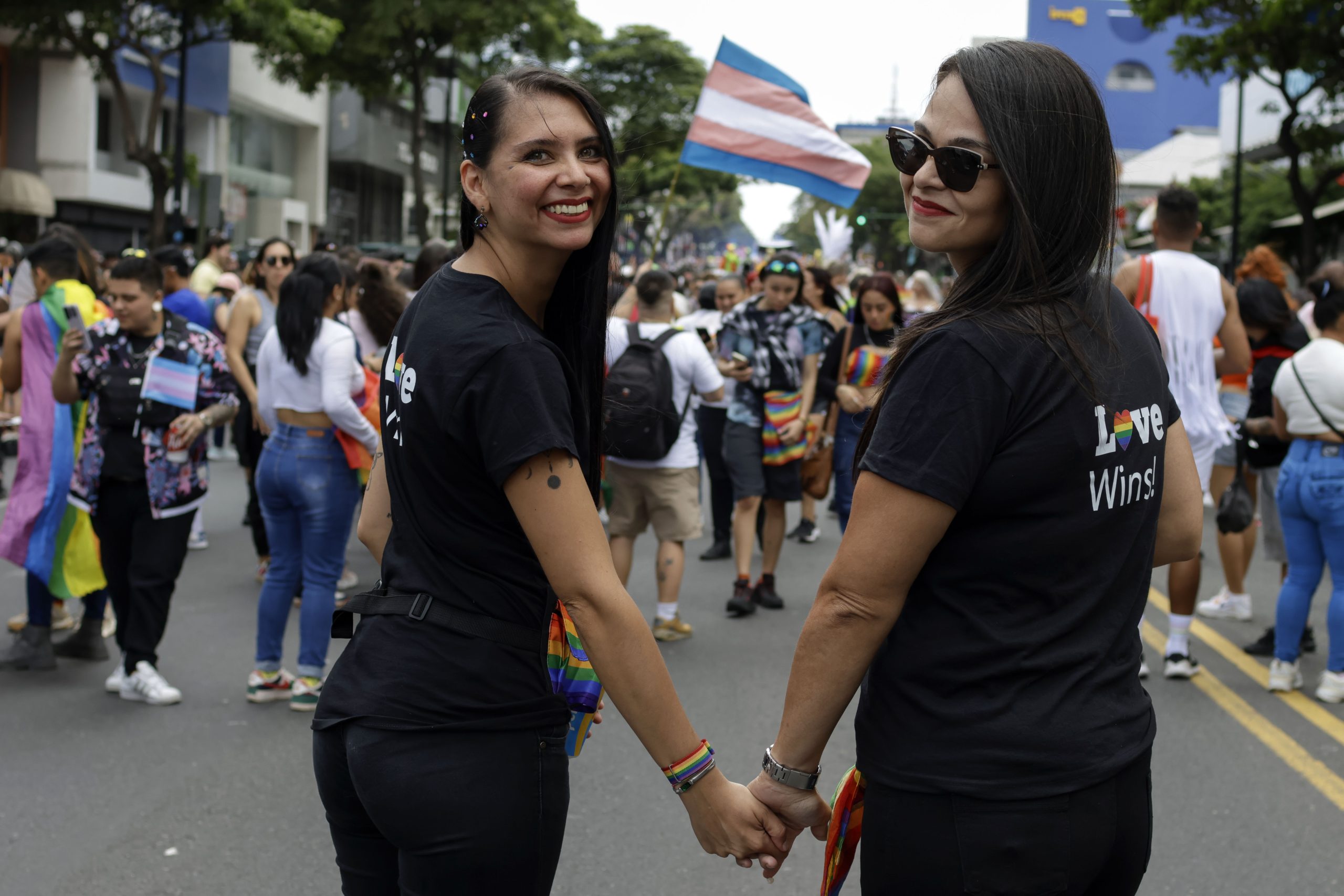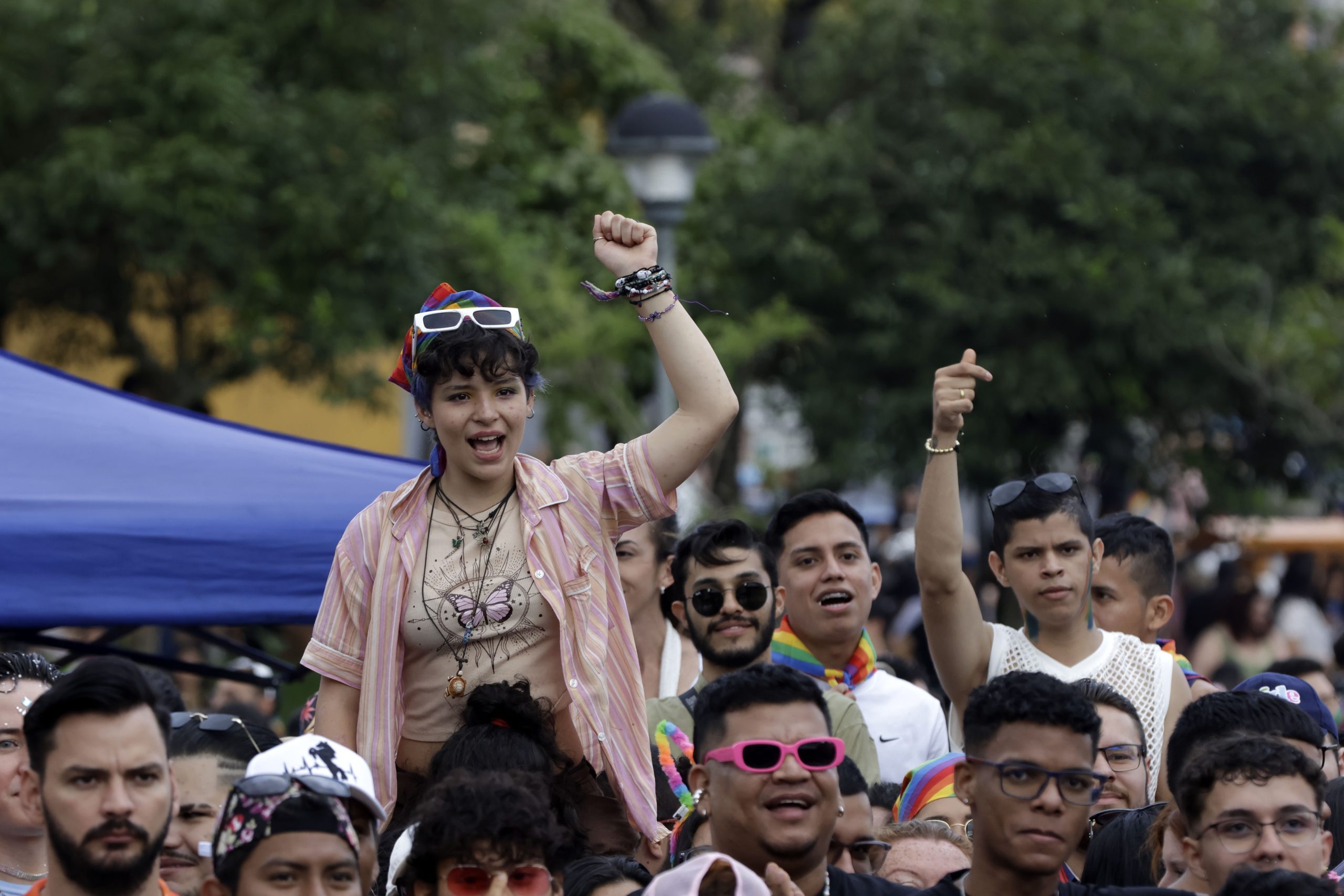“This is evil,” said one of the Facebook comments about the Pride celebrations in my mother’s rural U.S. town. “Groomers,” another said simply.
As I walked towards the small festival on June 29, my 11-year-old skipping towards the rainbows she could see fluttering from booths and tables, I reflected on the disconnect between those comments and the deep wholesomeness in front of me. One kindly booth had free stamped postcards that we could decorate with a little love note and drop it in the mail for anyone who needed a boost. Attendees browsed information and resources for those who don’t feel safe. Everything was designed to reassure all comers that they were welcome, just as they are.
Back home in Costa Rica, that same day, Casa Presidencial unleashed a controversy when it announced in a press release that President Rodrigo Chaves had fired Culture Minister Nayuribe Guadamuz Rosales and Social Inclusion Commissioner Ricardo Sossa Ortiz because of the way they issued a decree regarding the country’s annual Pride event.
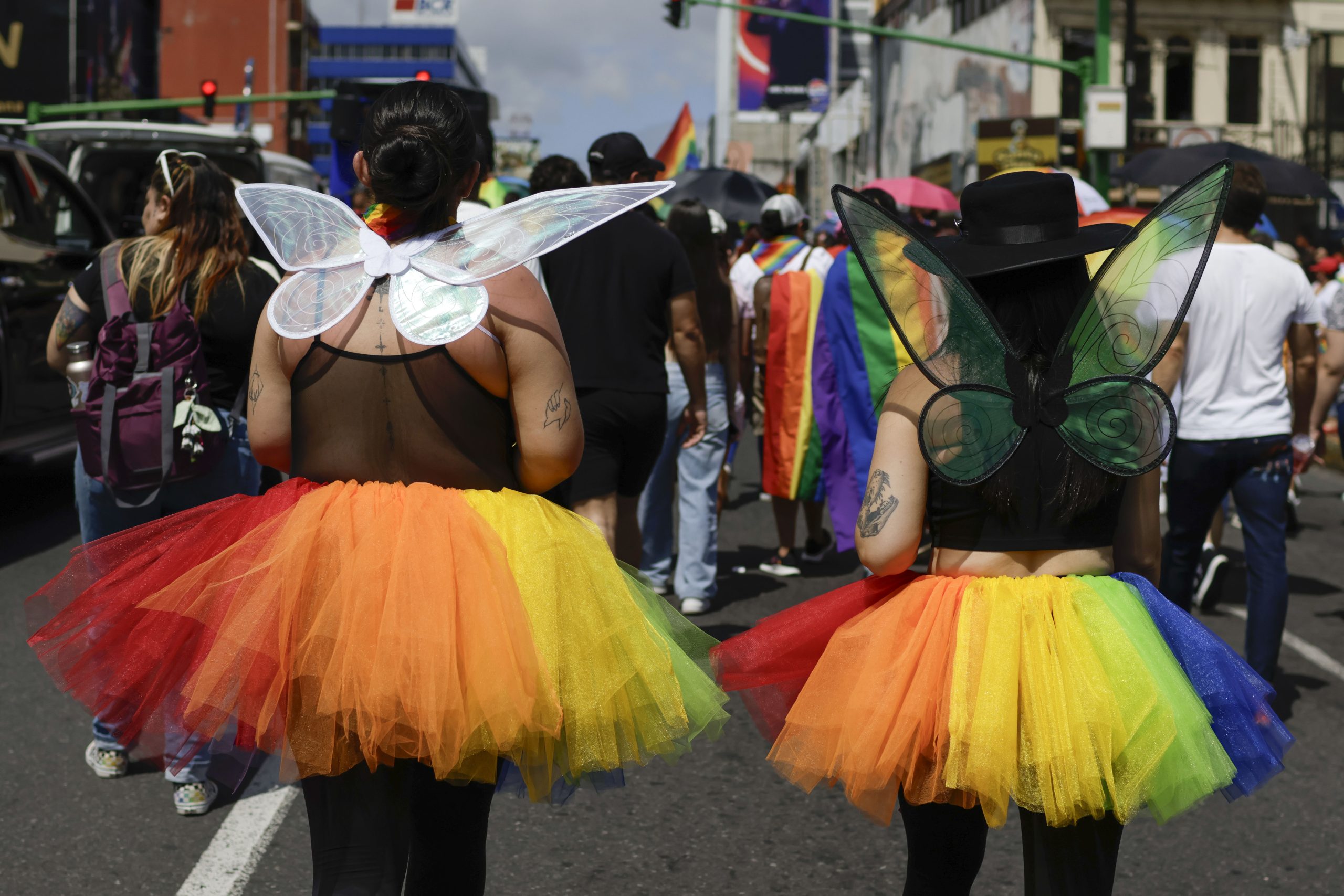
“The decision was made because they processed a cultural interest declaration for an LGBTI Pride March without the authorization of the President or his office,” the statement read. Because the declaration was revoked, the march was no longer subject to the standard traffic regulation and police support of a public march. Those who turned out nonetheless on June 30 had to navigate traffic flows through the march as it progressed down the standard march route, east along Avenida Segunda.
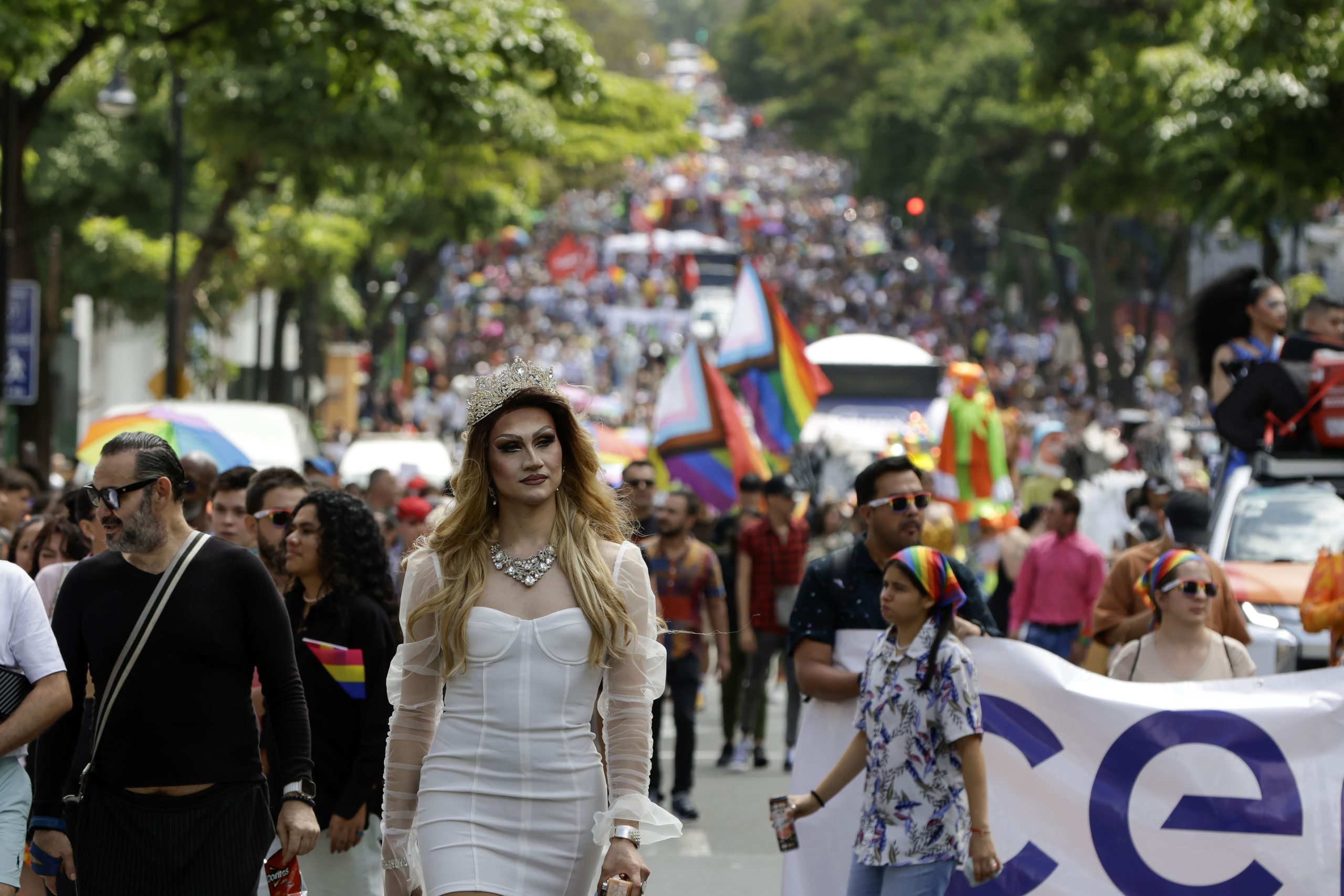
On Wednesday, the president spoke about the firings: “She [the minister] screwed up, and this isn’t an administration of third or fourth chances… My decision was, they didn’t ask me about a topic that’s controversial in Costa Rica, no matter what angle you’re looking from. There was no discussion about what is the cultural value of this march.”
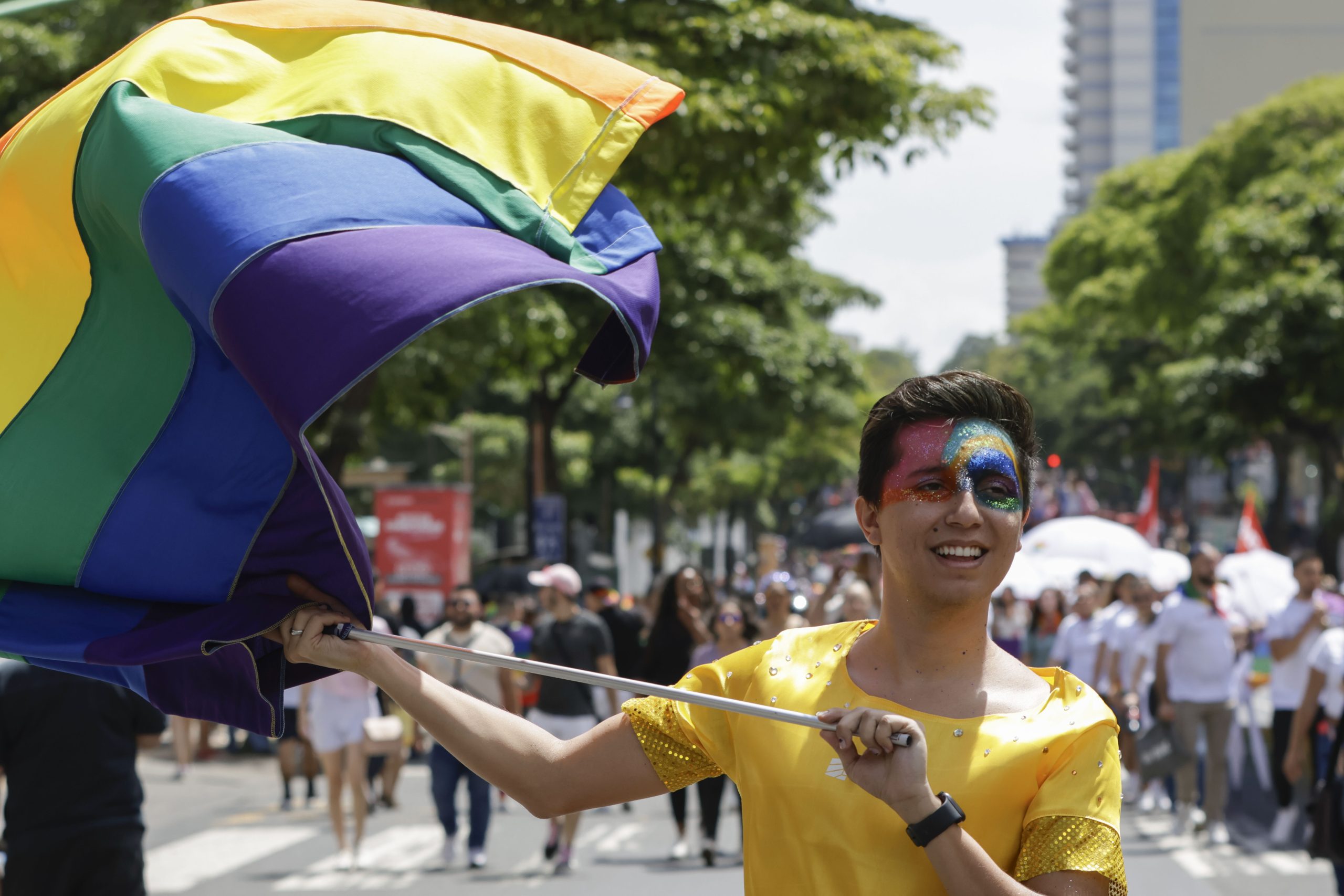
In the celebration I attended in Eastport, Maine, a performer in a drag show along the water took a moment to address the people in the crowd who are not part of the LGBTIQ+ community. I wasn’t taking notes, but to the best of my recollection, the Curbside Queens performer’s words were these: “Some of you in this crowd are allies. I need you to know that for people who are not straight white men, these are scary times. Very scary… But we’re going to keep being fabulous and keep fighting for our rights.”
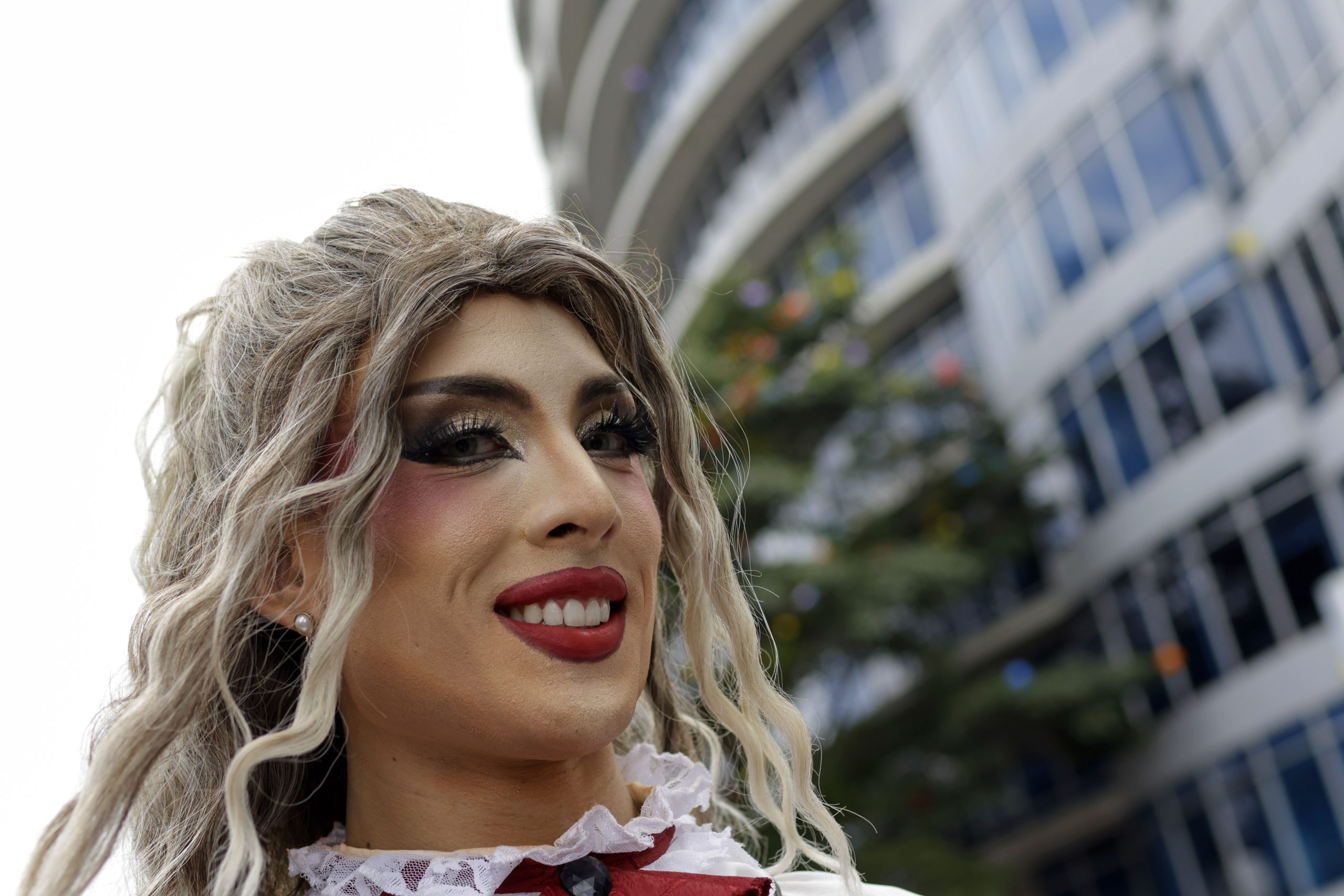
A long pause, the crowd silent. Then the performer’s inflection rose with equal parts exasperation and bitter humor. “Because we don’t have any other choice!”
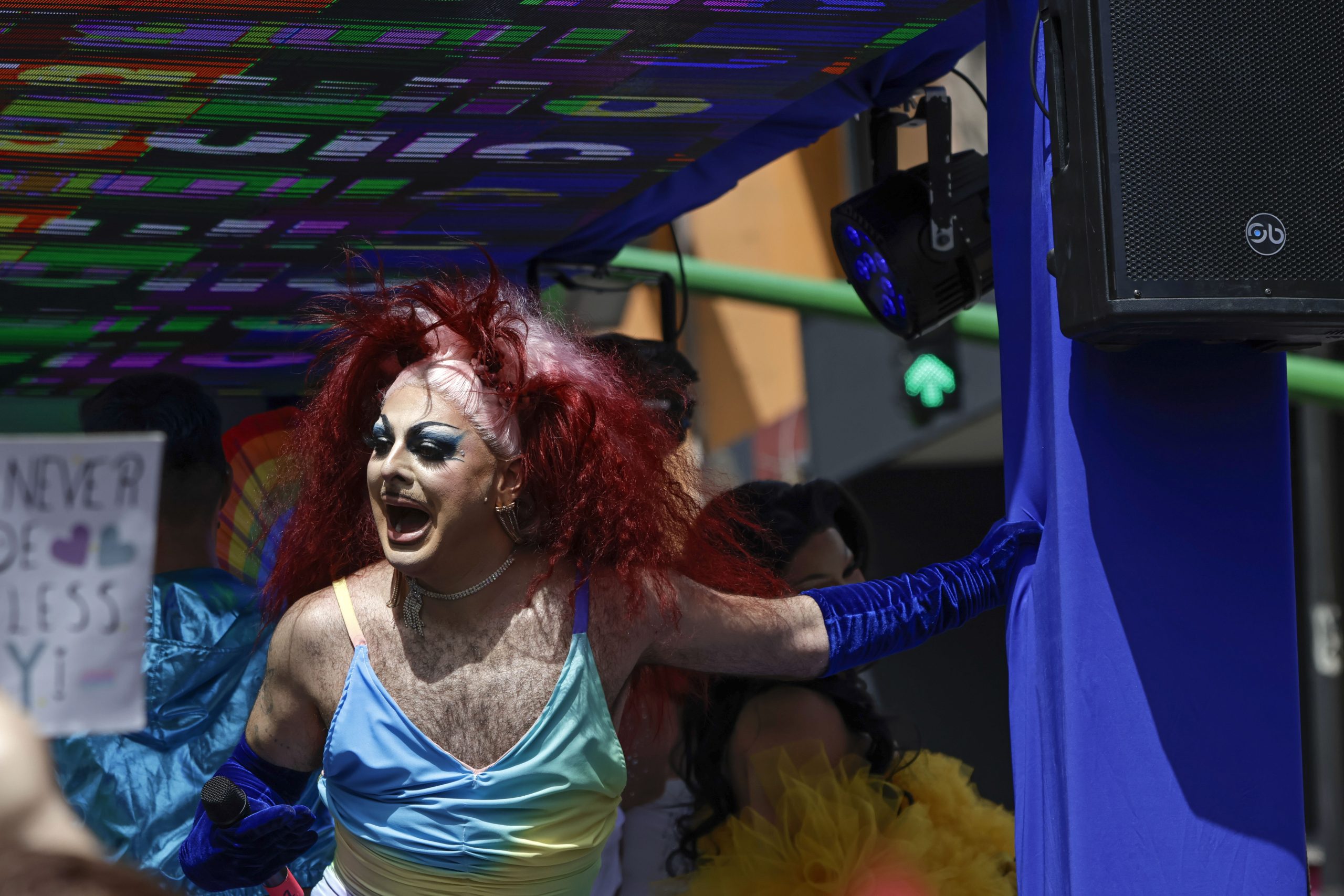
Poring over the photos of the Costa Rican event that our longtime collaborator Mayela López donated to El Colectivo 506, I am struck by that same spirit. Whether you interpret the president’s actions as a warning shot for LGBTIQ rights, an administrative failure, or simply a clash of personalities, it was certainly a reminder that the question mark on our June 2021 edition, “Country of allies?”, is still very much present.
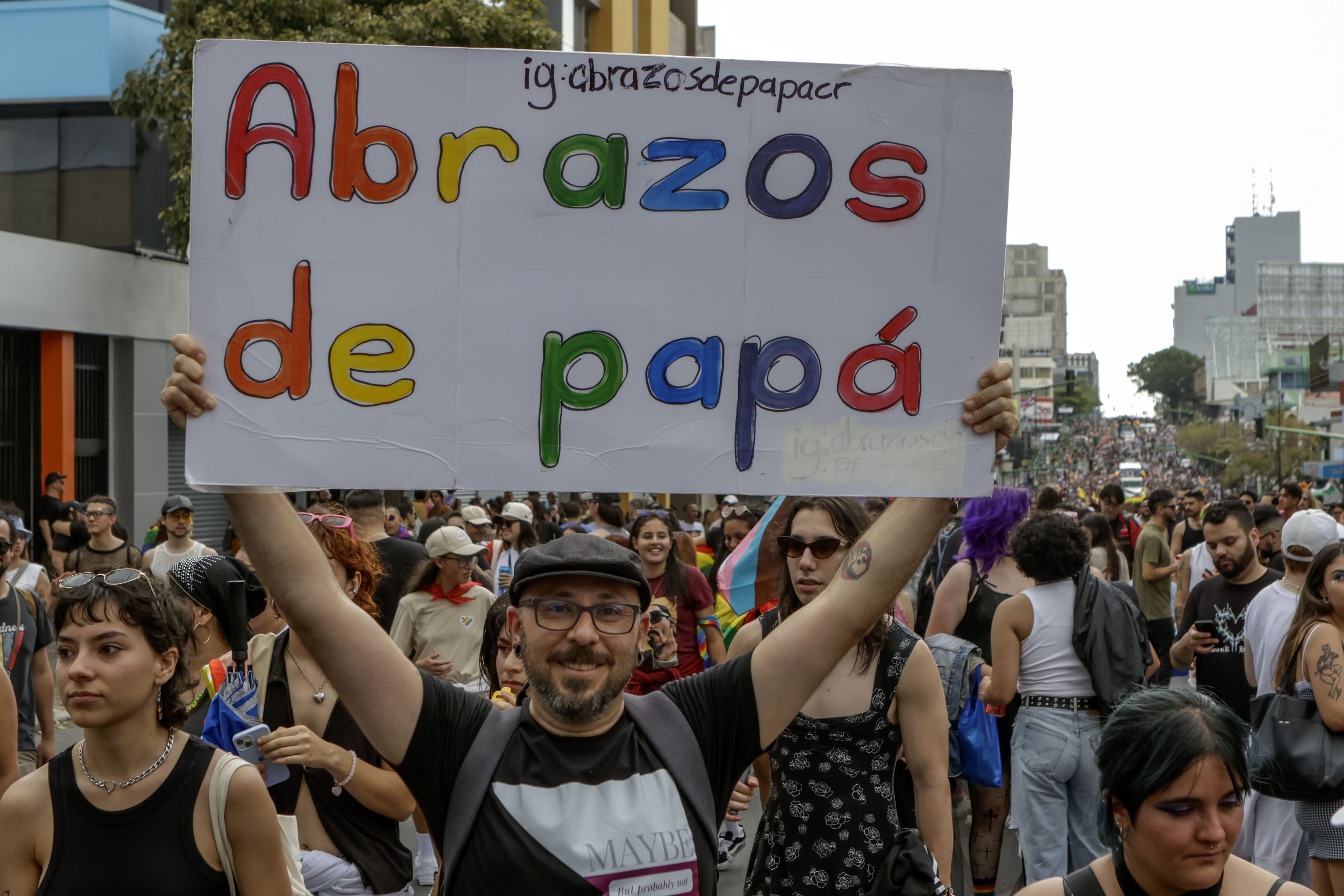
I close with the words of Mayela, who contributed as a journalist to “Country of allies?” and is the author of this photo essay:
“Covering the Pride Parade in Costa Rica is always exciting, because every year, more and more people join this celebration, which takes place full of peace and joy. This year, I went to the march feeling disappointed in the events that happened the day before. It was another layer on top of other disappointments we’ve experienced recently, which sometimes make us lose our faith a little.
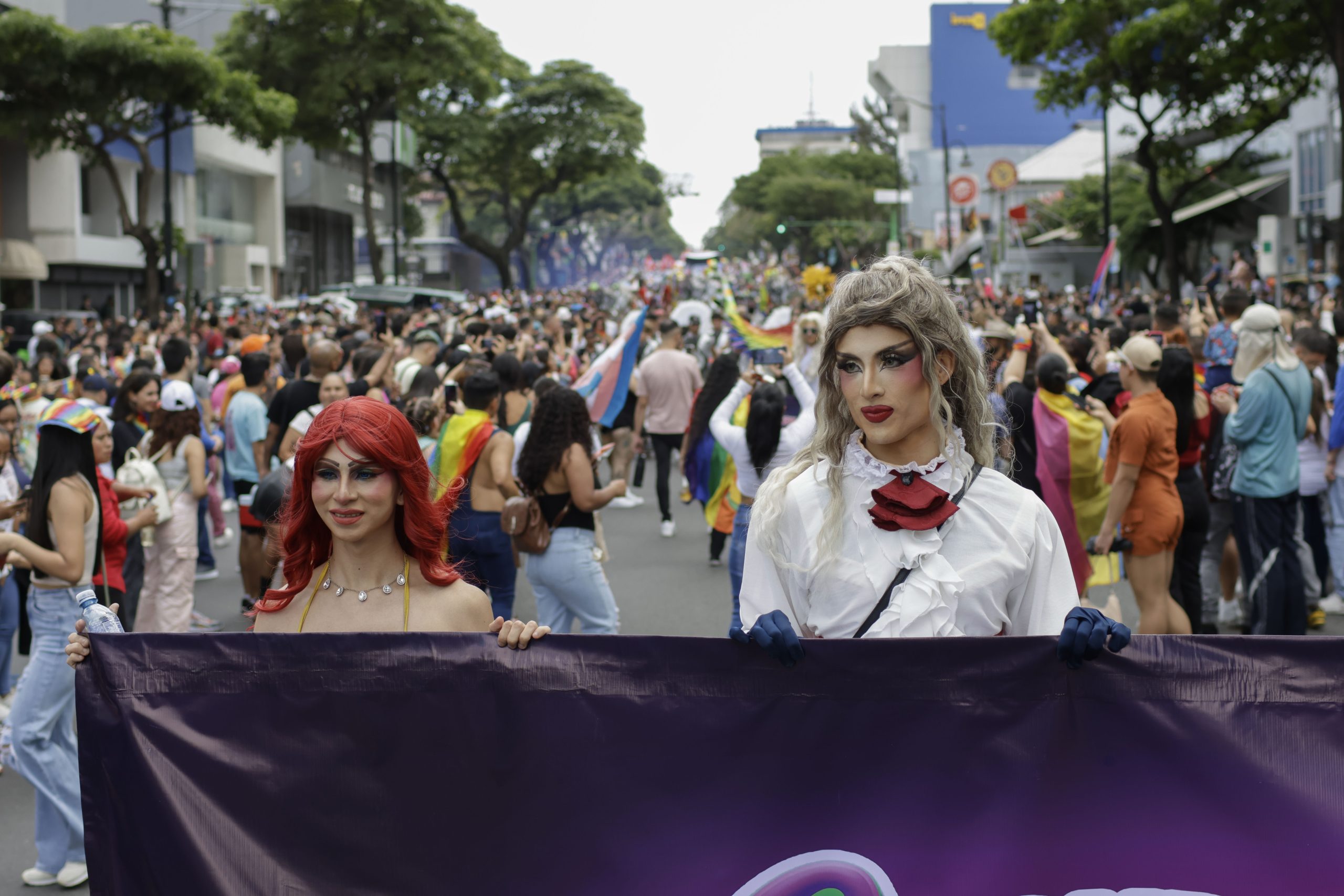
“However, last Sunday, seeing the sea of people who attended the march was so hopeful… I’d even say that it is the largest I have ever seen. It was an endless sea of people. By the time I reached the Plaza de la Democracia, every time I turned to look towards Avenida Segunda, the sea of people continued: hundreds and hundreds of people from both the LGBTIQ+ community and heterosexuals kept arriving and the avenue continued to look crowded.
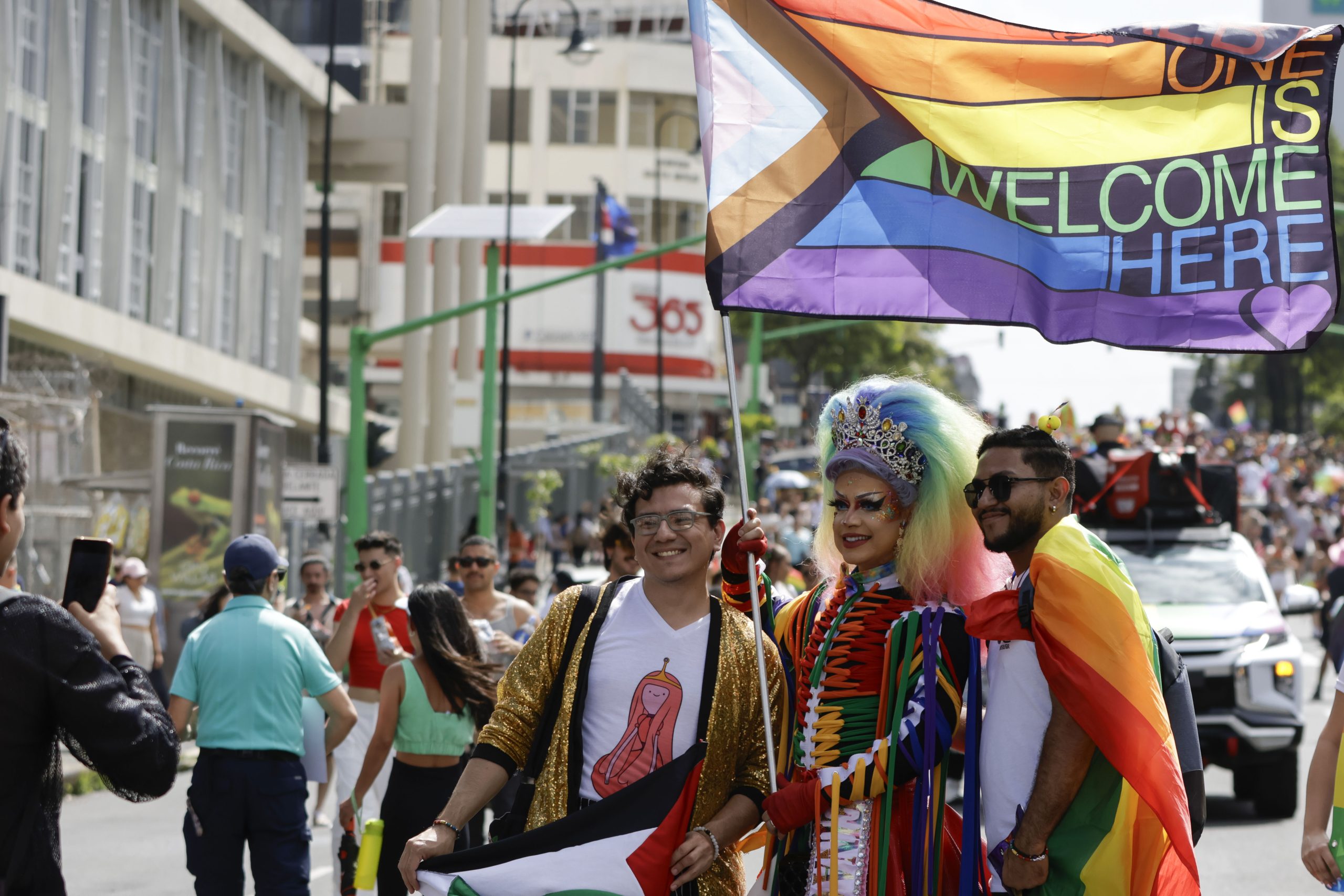
“This gave me hope. Hope that I also felt when, for the June 2021 edition of El Colectivo 506, we reported on the trabajo de hormiga, the unsung labor hat people are carrying out—sometimes with lots of opposition and resistance from others—to promote equality in public institutions.
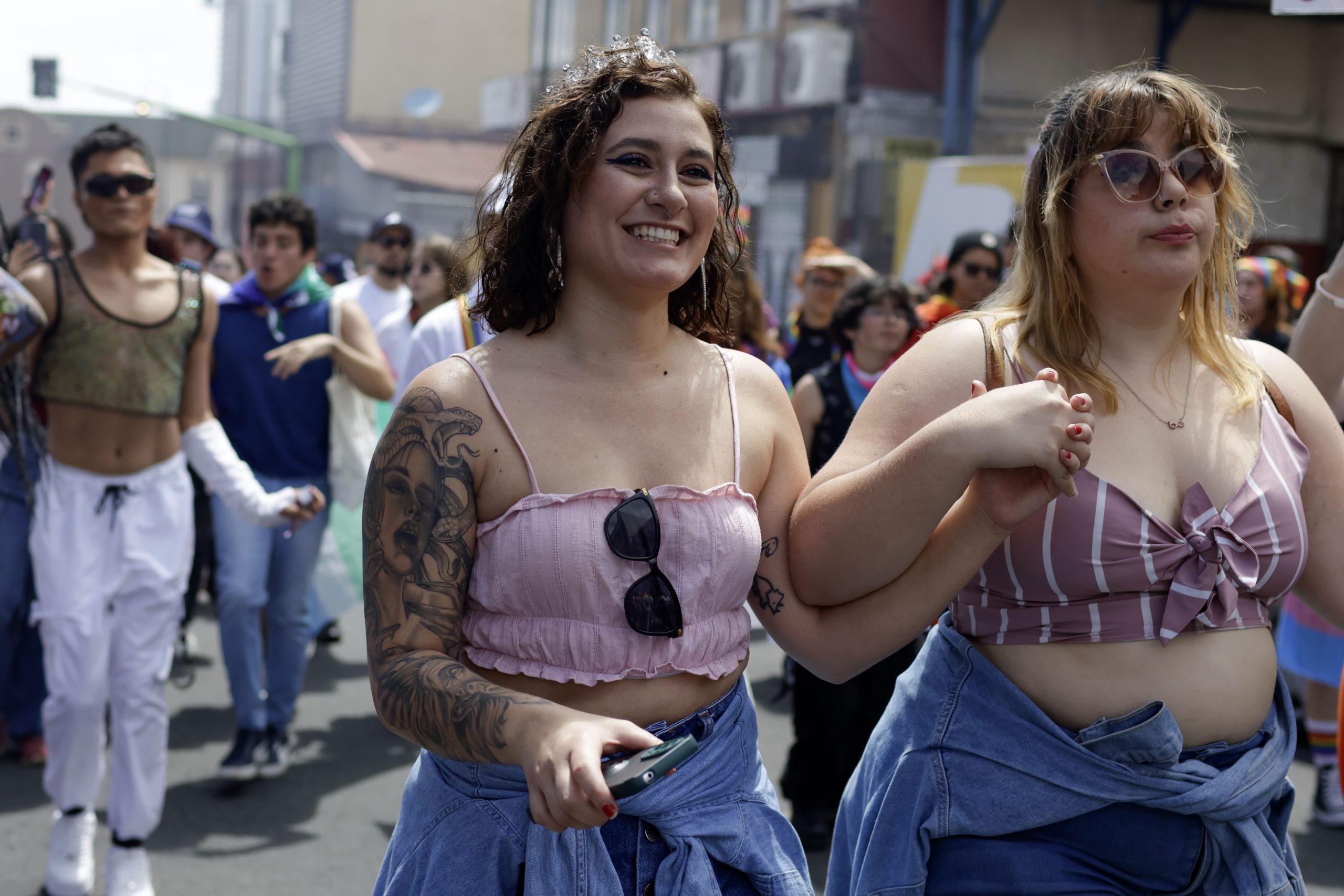
“Fortunately, instead of putting a damper on the march, Saturday’s events seemed to make it stronger. I’d venture to say that on Saturday night, hundreds of people decided to turn out the following day for the march because of their indignation caused by the president’s decision.
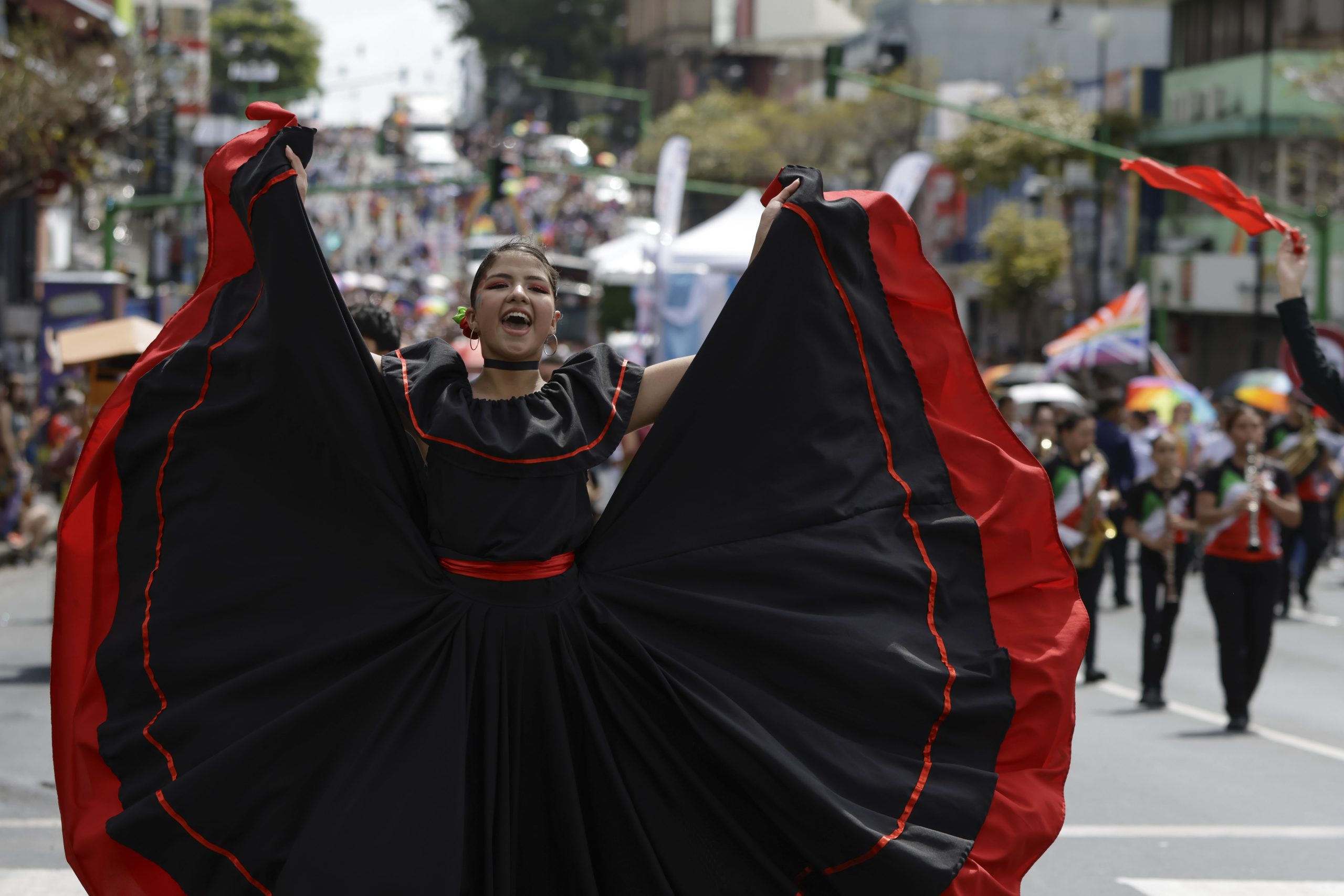
“This gives me faith. Faith that we live in a country that is increasingly evolving towards equality and respect for human rights, despite other minds that—sadly—are full of hate.
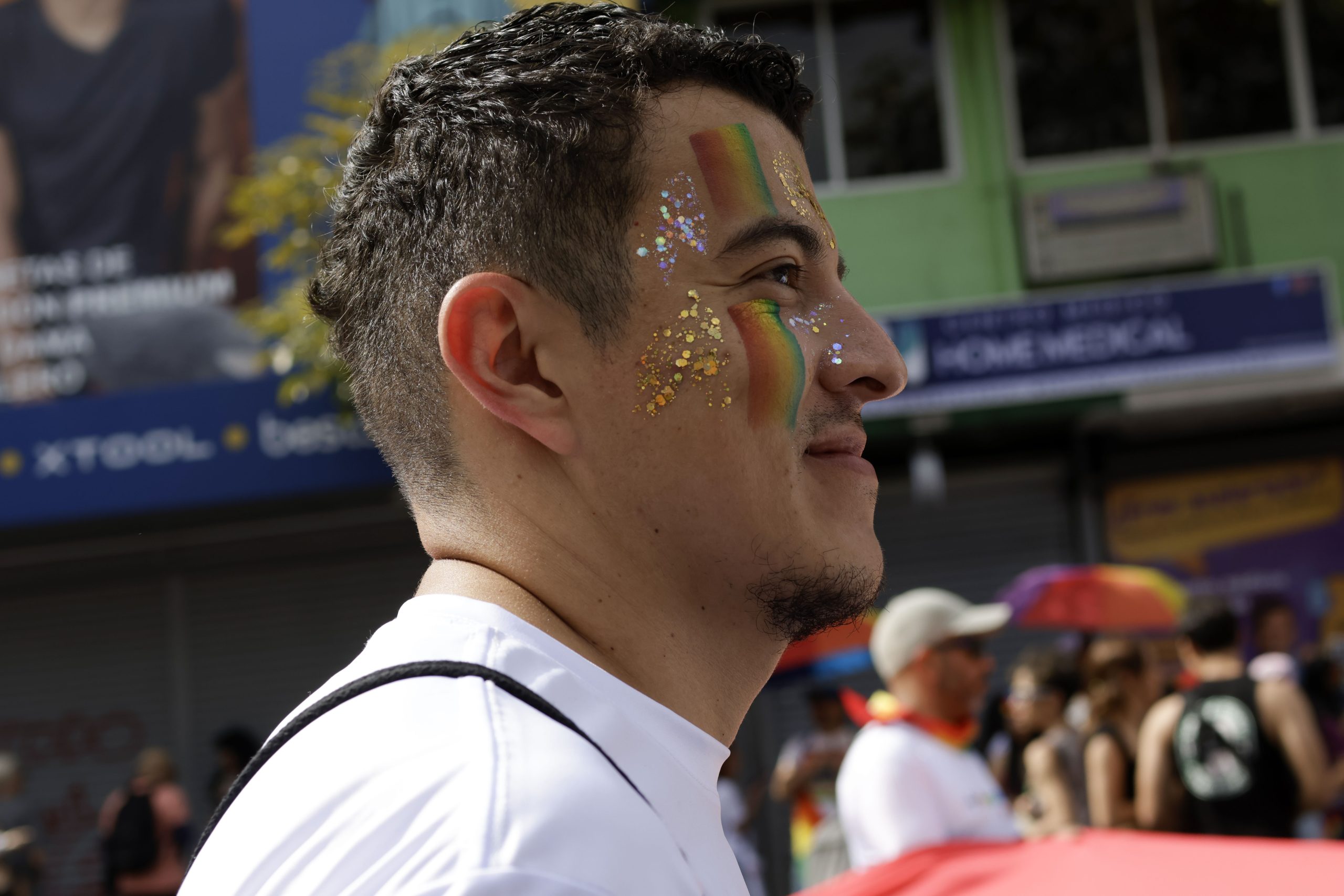
“There are brave people who are in the fight, and will continue on. And regardless of the prejudices that others insist on promoting, we will keep seeing a sea of color every June.”
Read “Country of allies?” here.
